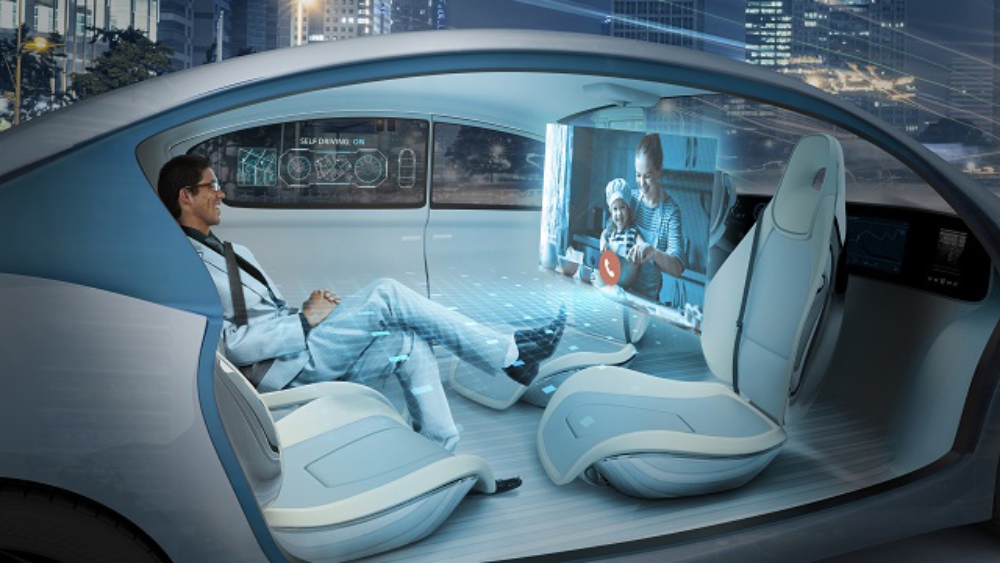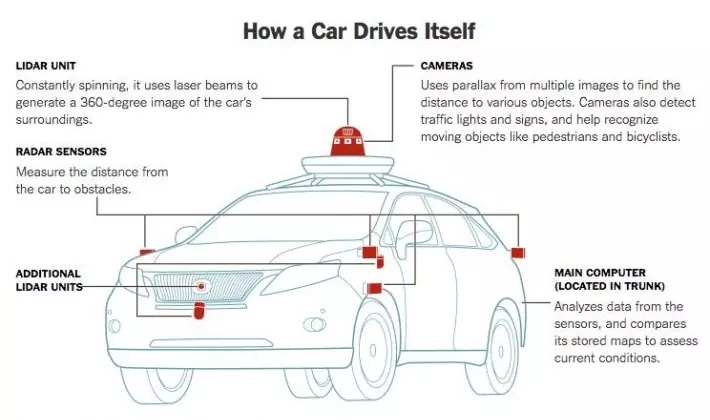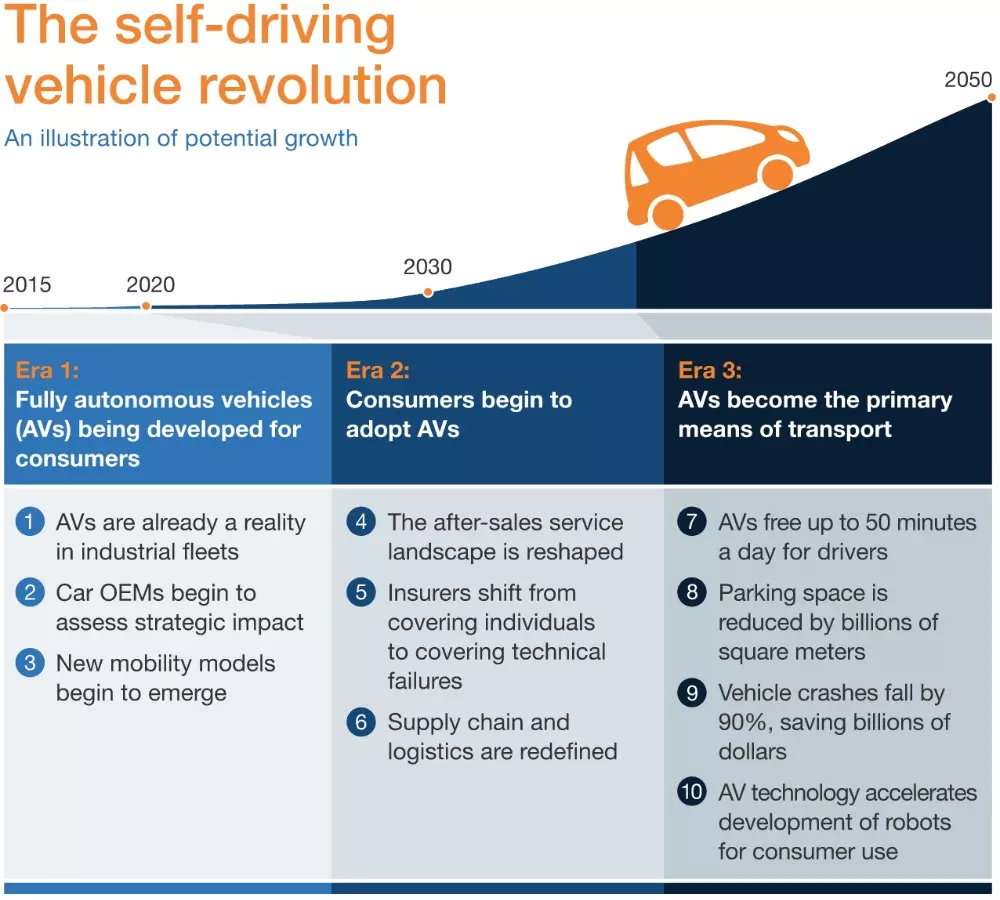Comments
- No comments found

Self-driving cars will significantly change urban mobility across all towns and cities.
Energy costs will also be saved as driverless cars maximize driving efficiency and reduce traffic congestion.

Source: Guilbert Gates - New York Times
The light bulb did not replace the candle. It replaced going to bed early. The motor car did not replace the horse. It replaced staying at home. Every major innovation has primary consequences and secondary consequences. The secondary consequences look obvious in hindsight but they were not obvious at inception. Who in 1985 would have anticipated that the internet meant that music downloads would kill major record labels or that an innovation like Wikipedia would finish Encyclopaedia Britannia?
So let’s spend a moment speculating on the impact of a big innovation that appears to be heading our way – driverless cars. Google and others have demonstrated prototypes that perform very well. Most of the technology needed is already in place. See this video interview from the Economist.
The primary consequence of this innovation will be that fully automated cars replace conventional cars and drivers become passengers. What will the secondary consequences be?

Once again I turn to the Economist in which Schumpeter speculates on this. He forecasts that some of the secondary effects might be:
Hospitals will need fewer emergency rooms and orthopaedic wards as the rate of road traffic accidents is dramatically reduced.
Hotels will lose business as tourists and businessmen sleep overnight in their travelling vehicles.
Taxi and car-rental businesses might merge into one automated pick-up and drop-off service.
Much less need for motor insurers and brokers.
Bad news for lorry drivers and cabbies.
A boon for country pubs no longer affected by drink-drive laws.
Less demand for road signs, traffic light, signals and guard rails.
Less need for traffic police and traffic wardens (automatic cars will be programmed to obey the law).
A rise in house prices in more distant suburbs as greater commuting distances become easier.
Less demand for city car parks and meters and less revenue for local authorities (the cars can be sent home or elsewhere).
Paul is a professional keynote conference speaker and expert facilitator on innovation and lateral thinking. He helps companies improve idea generation and creative leadership. His workshops transform innovation leadership skills and generate great ideas for business issues. His recent clients include Airbus, Microsoft, Unilever, Nike, Novartis and Swarovski. He has published 30 books on lateral thinking puzzles, innovation, leadership and problem solving (with over 2 million copies sold). He also acts as link presenter at conferences and facilitator at high level meetings such as a corporate advisory board. He has acted as host or MC at Awards Dinners. Previously, he was CEO of Monactive, VP International of MathSoft and UK MD of Ashton-Tate. He recently launched a series of podcast interviews entitled Insights from Successful People.
Leave your comments
Post comment as a guest